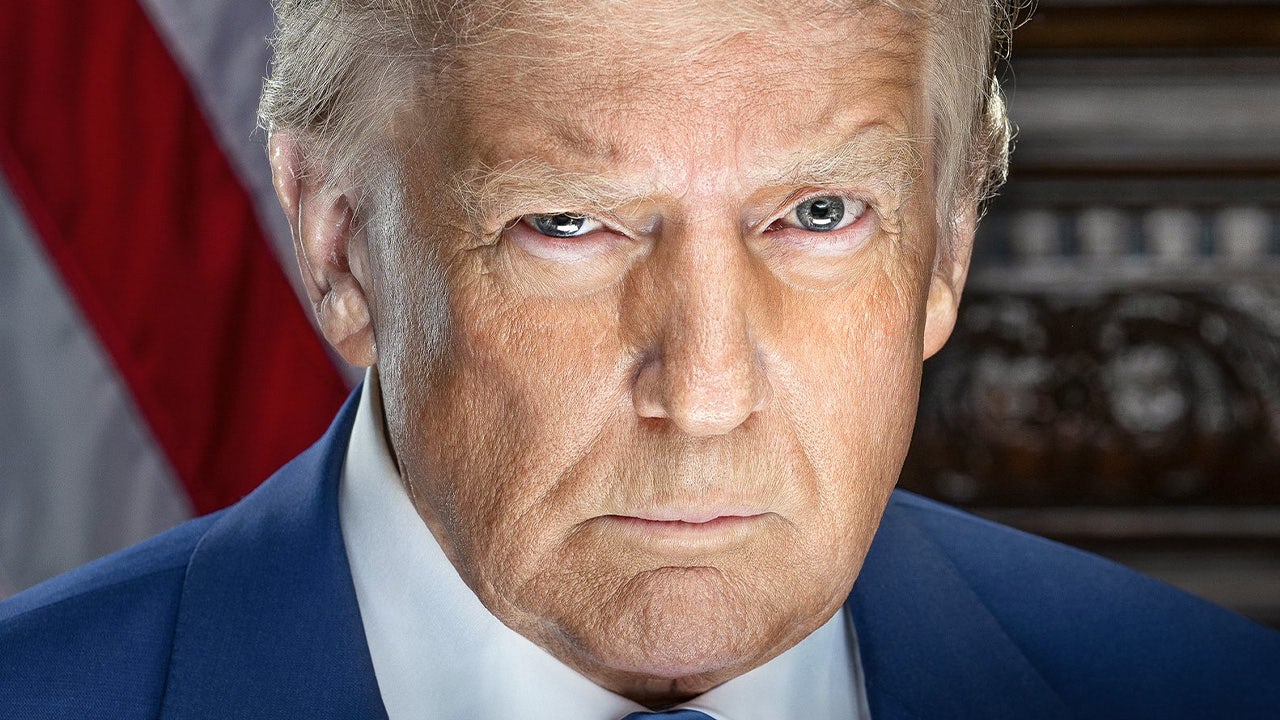









As Europe enters 2024, it finds itself grappling with unprecedented challenges that test its resilience. For the first time since 1945, the continent is embroiled in war, with ongoing conflicts in the Middle East impacting major European cities and contributing to a climate of public unease [c52583a3]. The economic landscape is equally troubling, as inflation and stagnating wages have led to widespread discontent, prompting fears of further political instability ahead of crucial elections in several countries [f946f315].
In the UK, Prime Minister Keir Starmer is facing a petition for another election just four months after his victory, reflecting the growing dissatisfaction among the populace [c52583a3]. Meanwhile, in Germany, the coalition government is weakened ahead of snap elections scheduled for February 2025, with the far-right gaining traction and posing a significant challenge to the traditional political order [b9dcbe8c].
France is also experiencing turmoil, as President Emmanuel Macron's government is increasingly challenged by far-right opposition, particularly following the resignation of Prime Minister Michel Barnier after a vote of no confidence in December 2024 [f946f315]. This political instability is compounded by the results of the European Parliament elections in June 2024, which saw far-right parties gaining ground across the continent, raising concerns about the future of the European Union [b9dcbe8c].
The economic outlook for Europe is grim, with Mario Draghi highlighting the EU's struggles to remain competitive, noting that only 6% of global AI investment is directed towards Europe. Germany's economy is projected to shrink by 0.1% in 2024, while France's growth is expected to stagnate at 1.1% [c52583a3][f946f315]. The auto industry is also facing significant challenges, with Volkswagen announcing factory closures in Germany for the first time in 87 years, signaling deep-rooted issues within the sector [b9dcbe8c].
Migration issues are further fueling right-wing politics, as leaders like Viktor Orban and Giorgia Meloni capitalize on public fears, complicating the EU's collective response to these challenges [c52583a3]. Climate change impacts are becoming increasingly evident, with disasters such as the September floods in Valencia underscoring the urgent need for effective policy responses [c52583a3].
The situation is expected to become even more complex with the inauguration of Donald Trump on January 20, 2025. Trump has accused the EU of unfair treatment and vowed to impose tariffs, which threatens EU trade relations, defense priorities, and economic outlook [6d2c6851]. European leaders, including Germany's Olaf Scholz and France's Emmanuel Macron, describe Trump as 'a challenge' for Europe, emphasizing the unpredictability in transatlantic relations [b737258d]. Analysts warn that Trump's policies could lead to a decline in eurozone growth by 0.5 percentage points due to U.S. tariffs, with Germany's exports to the U.S. potentially dropping by 10-15%, reducing GDP by 0.3% [b737258d]. Trump's isolationist policies are deepening rifts with Europe, prompting calls for a reevaluation of European defense spending, as two-thirds of EU defense spending currently goes to U.S. companies [b737258d].
In response to these concerns, Germany's Vice Chancellor Robert Habeck has emphasized the necessity for a more autonomous European economic and defense strategy. He advocates for unity within the EU to counter potential U.S. tariffs and calls for increased investment in innovation and infrastructure, stating, 'the next Google has to come from Europe.' Habeck proposes a defense spending target of 3.5% of GDP, contrasting with Trump's demand for 5% NATO contributions, and believes that democratic success can counter the rise of far-right parties like the AfD by promoting cooperation over populism [15aa7872]. Recently, Habeck reiterated that 'Europe is prepared' for potential new U.S. tariffs under Trump, emphasizing the need for tax incentives and investments to enhance self-sufficiency in innovation [82ea54ba].
However, some analysts suggest that Trump's return could also present a silver lining for Europe. Martin Sandbu from the Financial Times argues that Europe should embrace the opportunities presented by Trump's second administration rather than panic. He notes that Trump's aim to reduce the U.S. trade deficit with the EU aligns with European leaders' desire to boost domestic investment. Sandbu suggests redirecting the EU's savings surplus to domestic investments, moving away from an export-driven growth model. He emphasizes the need for increased defense spending in response to Russian threats, viewing Trump's demand for 5% of GDP as a catalyst for change. Additionally, he proposes that Europe could attract high-skilled immigrants disillusioned by the U.S., enhancing initiatives like the Blue Card for talent mobility [9c711cc1].
The geopolitical landscape is shifting, especially following the ouster of Assad in December 2024, prompting Germany to reassess its regional priorities [9e66f50f]. While the eurozone debt crisis had previously led to a focus on global markets, the rise of U.S. protectionism could push Europe to innovate and strengthen its negotiating power, as evidenced by recent trade agreements with Mercosur [9e66f50f].
Despite these challenges, there are signs of resilience within Europe. Investments in technology and diplomatic efforts are underway, suggesting a potential for recovery and a stronger position in 2025 [c52583a3]. However, the implications of Trump's return raise concerns about NATO and security cooperation, further complicating the geopolitical landscape [9f8afbcc].
In a broader context, Trump's return to office on January 20, 2025, has significant implications for U.S. foreign policy, particularly regarding Europe. Analysts are questioning whether Trump recognizes America's need for European cooperation to counterbalance China's growing influence. The historical context of U.S. engagement in Europe and the necessity of controlling the Eurasian landmass and sea routes for U.S. security are becoming increasingly relevant [4bc7f352]. Trump's potential abandonment of Europe could mirror past U.S. policies that neglected European interests, emphasizing the need for collective action to protect democracies and prosperity [4bc7f352].
At the World Economic Forum in Davos 2025, leaders expressed a mix of cautious optimism and concern regarding Trump's return. Former U.S. Treasury Secretary Lawrence H. Summers highlighted the potential of AI as a growth driver, while European Commission President Ursula von der Leyen reaffirmed the EU's commitment to climate action amidst these challenges [fb5ce567][b737258d]. Olaf Scholz stressed the importance of U.S.-European cooperation, and Ukraine's President Volodymyr Zelenskyy raised questions about Trump's commitment to NATO [fb5ce567]. Furthermore, Ngozi Okonjo-Iweala advised a cautious approach to tariffs, reflecting the delicate balance European leaders must navigate in the wake of Trump's policies [fb5ce567].
In summary, Europe stands at a crossroads as it faces significant political and economic challenges in 2024. The rise of far-right politics, economic stagnation, and external conflicts pose serious threats, yet the continent's resilience may pave the way for a more robust future [b9dcbe8c]. As Trump re-enters the global stage, leaders from various countries are looking to salvage ties, with figures like Italy's Giorgia Meloni and Hungary's Viktor Orban openly supporting him. Argentina's Javier Milei is seeking favorable trade deals, while Indian Prime Minister Narendra Modi aims to strengthen U.S. ties with a meeting planned for February [dc05fcf1]. Meanwhile, Macron warns of the dangers of European reliance on the U.S., and Trudeau faces trade war threats from Trump, leading to his resignation amid political turmoil [dc05fcf1].